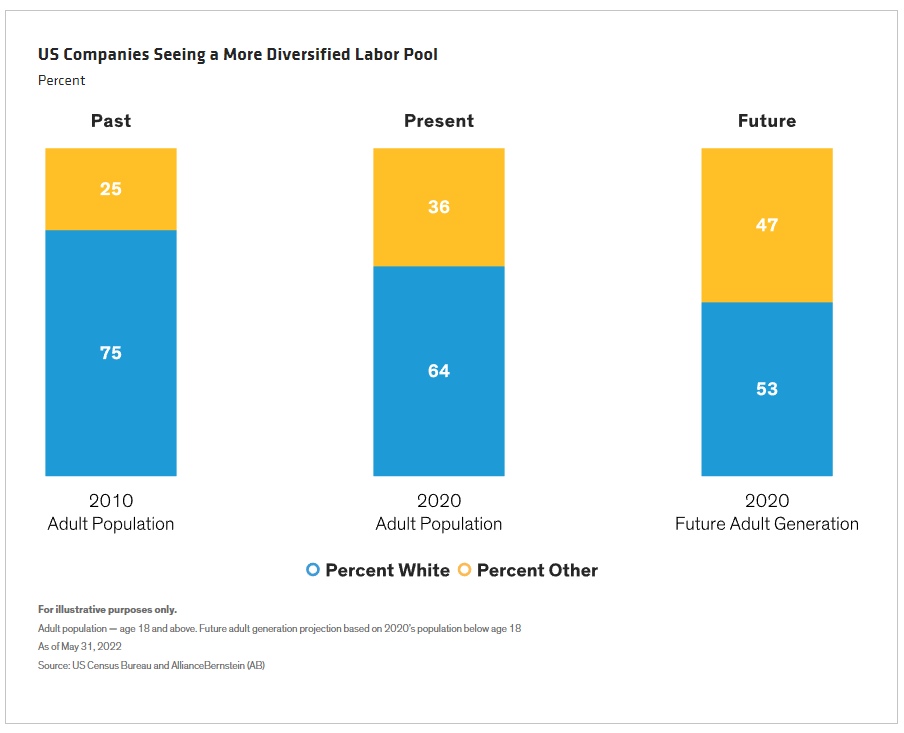Andre Bouchard, Kyle Seifried and Jaren Janghorbani are Partners at Paul, Weiss, Rifkind, Wharton & Garrison LLP. This post is based on a Paul, Weiss memorandum by Mr. Bouchard, Mr. Seifreid, Ms. Janghorbani, Laura C. Turano, and Ross A. Fieldston, and is part of the Delaware law series; links to other posts in the series are available here.
In Totta v. CCSB Financial Corp., the Delaware Court of Chancery, in an opinion by Chancellor McCormick, held that a charter provision that gave the board “conclusive and binding” authority to construe the charter’s terms did not alter the standard of review applicable to fiduciary duty claims related to those board decisions. The applicable charter provision prohibited a stockholder from exercising more than 10% of the company’s voting power. In the face of a proxy contest, the board adopted a new interpretation of that voting limitation allowing the board to aggregate the holdings of multiple stockholders that the board determined to be acting in concert. Relying on that new interpretation, the board instructed the inspector of elections not to count any votes above the 10% limit submitted by the insurgent, its affiliates or its nominees. This instruction was outcome determinative and the insurgents brought suit to invalidate the board’s instruction to the inspector of elections. The company argued that the court was required to uphold the instruction based on the board’s “conclusive and binding” interpretation of the charter provision. The court rejected that argument, reasoning that a corporate charter (unlike an alternative entity’s organizational documents) cannot modify the standards by which director actions are reviewed, and that the board’s self-serving and new interpretation of the voting limitation in the face of a live proxy contest was inequitable because the board did not have a “compelling justification” under the Blasius standard of review for their interference with the election. Because the board’s actions were inequitable, the court ordered the inspector of elections to disregard the board’s instruction and count the insurgent’s votes that had previously been excluded.

The Proposed SEC Climate Disclosure Rule: A Comment from Norges Bank Investment Management
More from: Carine Smith Ihenacho, Severine Neervoort, Snorre Gjerde, Wilhelm Mohn, Norges Bank
Carine Smith Ihenacho is Chief Governance and Compliance Officer and Severine Neervoort is Senior Analyst, Corporate Governance at Norges Bank Investment Management. This post is based on a comment letter submitted to the SEC regarding the Proposed SEC Climate Disclosure Rule by Norges Bank Investment Management, authored by Ms. Ihenacho; Ms. Neervoort; Snorre Gjerde, Interim Head of Environmental Initiatives; and Wilhelm Mohn, Global Head of Corporate Governance.
Related research from the Program on Corporate Governance includes The Illusory Promise of Stakeholder Governance (discussed on the Forum here) by Lucian A. Bebchuk and Roberto Tallarita; Does Enlightened Shareholder Value add Value (discussed on the Forum here) and Stakeholder Capitalism in the Time of COVID (discussed on the Forum here), both by Lucian A. Bebchuk, Kobi Kastiel, and Roberto Tallarita; and Restoration: The Role Stakeholder Governance Must Play in Recreating a Fair and Sustainable American Economy – A Reply to Professor Rock by Leo E. Strine, Jr. (discussed on the Forum here).
On 17 June 2022, Norges Bank Investment Management (NBIM) responded to the Securities and Exchange Commission (SEC)’s consultation on proposed rules to enhance and standardise climate-related disclosures for investors.
NBIM is the investment management division of the Norwegian Central Bank and is responsible for investing the Norwegian Government Pension Fund Global. We work to safeguard and build financial wealth for future generations. We are a globally diversified investor, with approximately USD 404 bn invested in listed equities and USD 137 bn in fixed income in the United States.
Climate change may give rise to transition and physical risks, as well as opportunities for companies. How these are managed may impact their financial performance and thereby our long-term returns as a shareholder. Therefore, we expect companies to report on their exposure to climate-related risks and opportunities, how these are managed, and relevant performance metrics. We expect companies to disclose a strategy and implementation plan to address these risks, and to report on progress towards such plans.
We welcome the Commission’s proposed rules, which we believe will lead to more consistent, comparable, and reliable climate-related reporting from companies, and thereby help investors get a better picture of companies’ value. Better sustainability reporting can also contribute to well-functioning and efficient markets. Corporate disclosure increases market efficiency, and sustainability reporting has been associated with more accurate analyst forecasts and lower costs of capital for disclosing firms.
READ MORE »